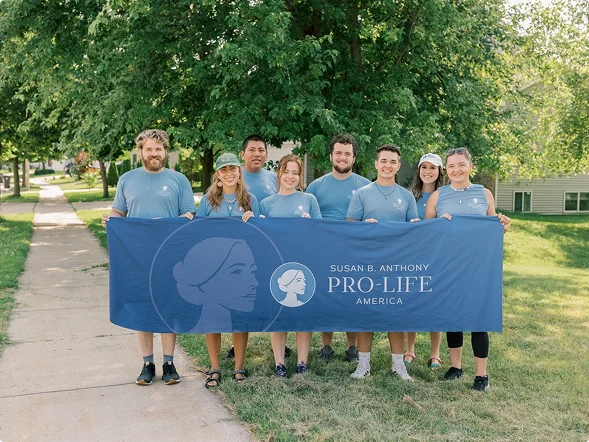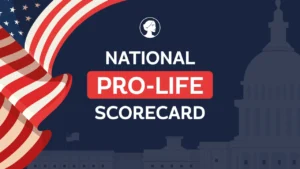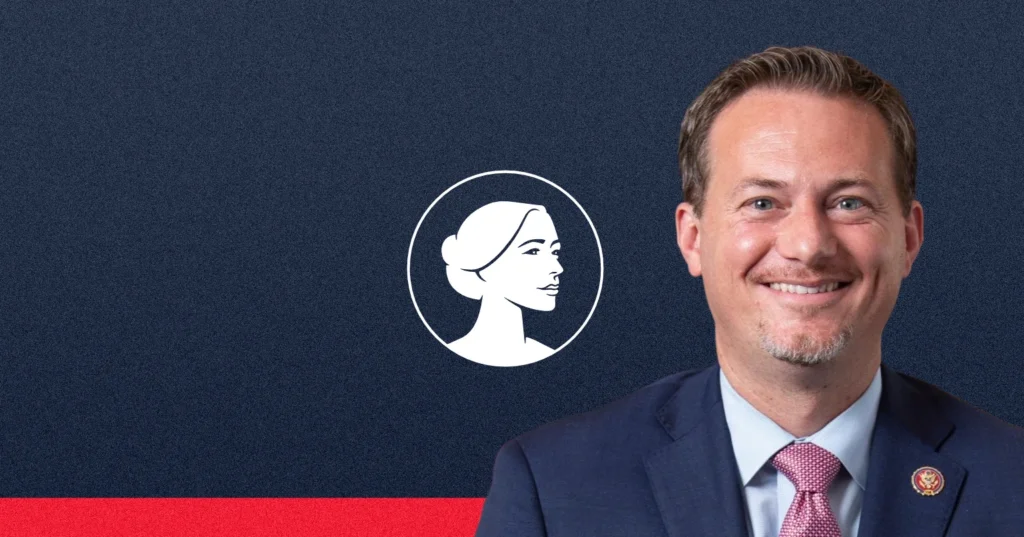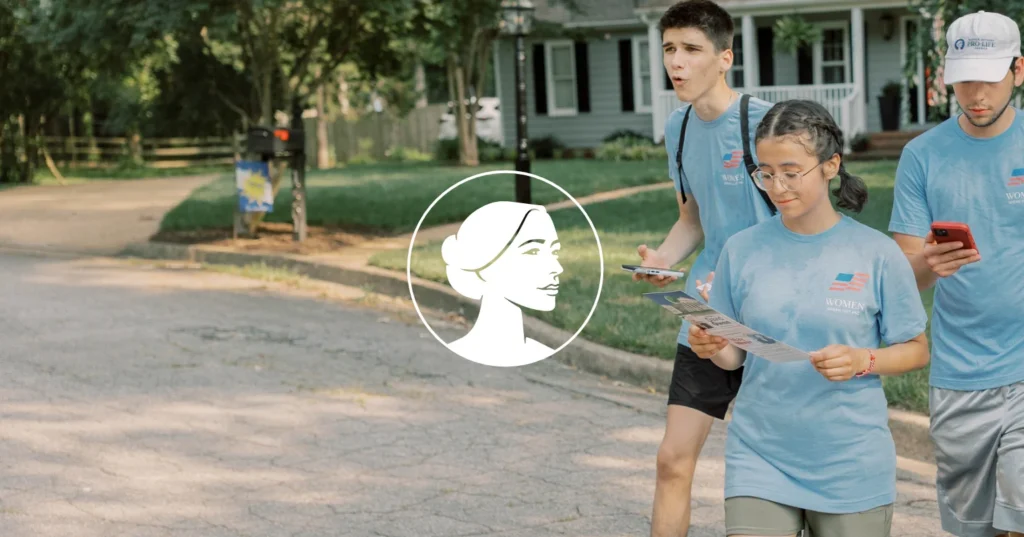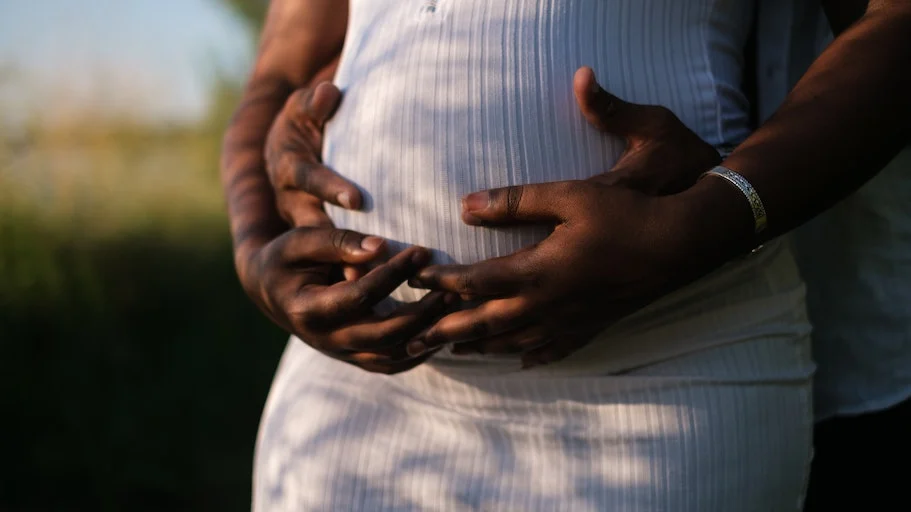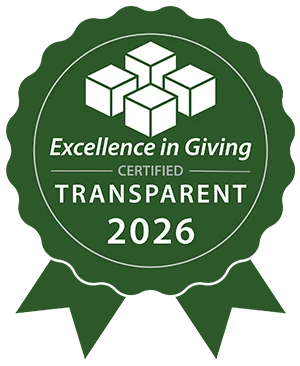The Abortion Drug Bill Every Pro-Life State Should Pass
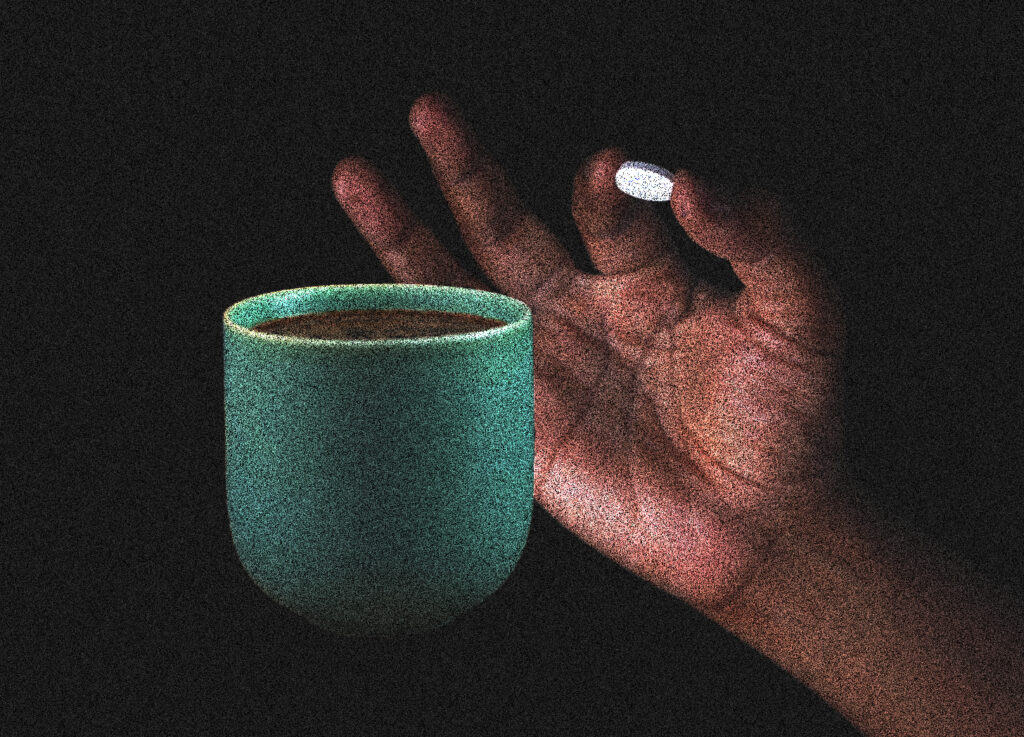
As statehouses convene this month, legislators across the nation are considering abortion drug solutions. Abortion drugs account for more than half of abortions in the U.S. now. Taking the regimen of mifepristone and misoprostol almost always results in the death of an unborn child and can cause serious side effects for women like hemorrhaging, the need for emergency surgery, or even death.
Prior to the Supreme Court striking down Roe v. Wade, the Biden-Harris Administration crafted an FDA policy to circumvent pro-life laws. That rule which allows drugs to be sent in the mail and prescribed without a doctor visit has created a new form of domestic violence. Here’s what every pro-life state should do about it.
A New Form of Domestic Violence
Robert Kawada of Brookline, Massachusetts, got in touch with an online pharmacy when he found out his girlfriend was pregnant. He obtained the abortion drugs and convinced her to take them by saying they were iron supplements. Kawada even orchestrated a phone call from someone impersonating a nurse who told his girlfriend her iron levels were low based on a recent blood test and to take the pills. The woman lost her baby as a result at 9 weeks.
In Florida, Haley Raborn attempted to bribe her ex-fiancé into poisoning a woman with abortion drugs to kill his unborn child. Raborn said she’d compensate him with new AirPods and met him to give him the pills. Thankfully, Raborn was turned into the authorities and the mother and unborn child were not harmed.
Catherine Herring’s daughter was almost killed by abortion drug poisoning. After Catherine’s soon-to-be-ex-husband slipped the pills into her drinks, she became violently ill and went to the ER where she gave a urine sample that was black. The doctors suspected kidney failure and she started an antibiotic regimen. Catherine saved her daughter Josephine’s life with abortion pill reversal, but Josephine suffers from side effects such as developmental delays. The husband only received 180 days in county jail for attempting to kill his unborn child multiple times.
The Coercion Problem
While stories of abortion poisoning are on the rise, abortion coercion is even more pervasive. Twenty-four percent of abortions are unwanted or coerced, according to the Charlotte Lozier Institute. Another study shows the pressure often comes from a partner or family member. Women who are pressured into abortion report high levels of grief and interference with daily life.
“We tend to think of abortion coercion in countries with oppressive regimes like China. In fact, this shocking hidden epidemic is happening all around us. Mail-order abortion pills remove the doctor from the room and make it easier than ever to force abortions on women and girls who do not want them – their distress compounded by the sight of their baby’s clearly human body. Countless women suffer in silence under the guise of ‘choice,’ when they never felt like they truly had one.
The Catherine and Josephine Herring Act
In May of 2024, Louisiana became the first state to add abortion drugs on the controlled substance list. Gov. Landry signed SB 276, the Catherine and Josephine Herring Act sponsored by Catherine’s brother, to punish those who poison a pregnant woman with abortion drugs without her consent. The law allows doctors to continue prescribing mifepristone and misoprostol for non-abortion reasons and explicitly does not punish women.
“There was no ‘choice’ involved when my husband slipped abortion drugs into my drinks seven times,” said Catherine Herring when the bill passed. “I suffered serious side effects from the drugs that almost took my daughter’s life. As a survivor of domestic violence, I’m grateful for Louisiana’s willingness to protect women and children from those who intend to harm them with abortion drugs.”
Issuing Clear Guidance
Despite its bipartisan nature, the media and Democrats followed the abortion lobby’s lead to fiercely oppose the Catherine and Josephine Herring Act. The chief talking point was that the law would put lives in danger by making the drugs inaccessible for miscarriage care.
To protect the public from the abortion lobby’s misinformation, several state entities gave guidance on the new law. Attorney General Liz Murrill issued an article explaining Louisiana’s pro-life law and SB 276 with a section of FAQs for pregnant women and health care professionals. The Louisiana Department of Health issued guidance as well and the Louisiana Board of Pharmacy put out information on doctors’ continued ability to treat women experiencing miscarriage.
Look to Louisiana
SBA Pro-Life America State Affairs Director Sue Liebel encourages states to consider policies like Louisiana’s SB 276 this year and to follow new laws with clear guidance from state agencies. She says now is the time to act before the number of abortion poisoning cases rise:
“State leaders have the opportunity to take a stand for women this year with legislation to prevent abortion drug poisoning and coercion. Like morphine and Valium, mifepristone and misoprostol should still be available for miscarriage treatment and legitimate medical reasons but hard for abusers to obtain. Leaders on both sides of the aisle must take this threat seriously and look to Louisiana.”
Where do your legislators stand on the right to life?
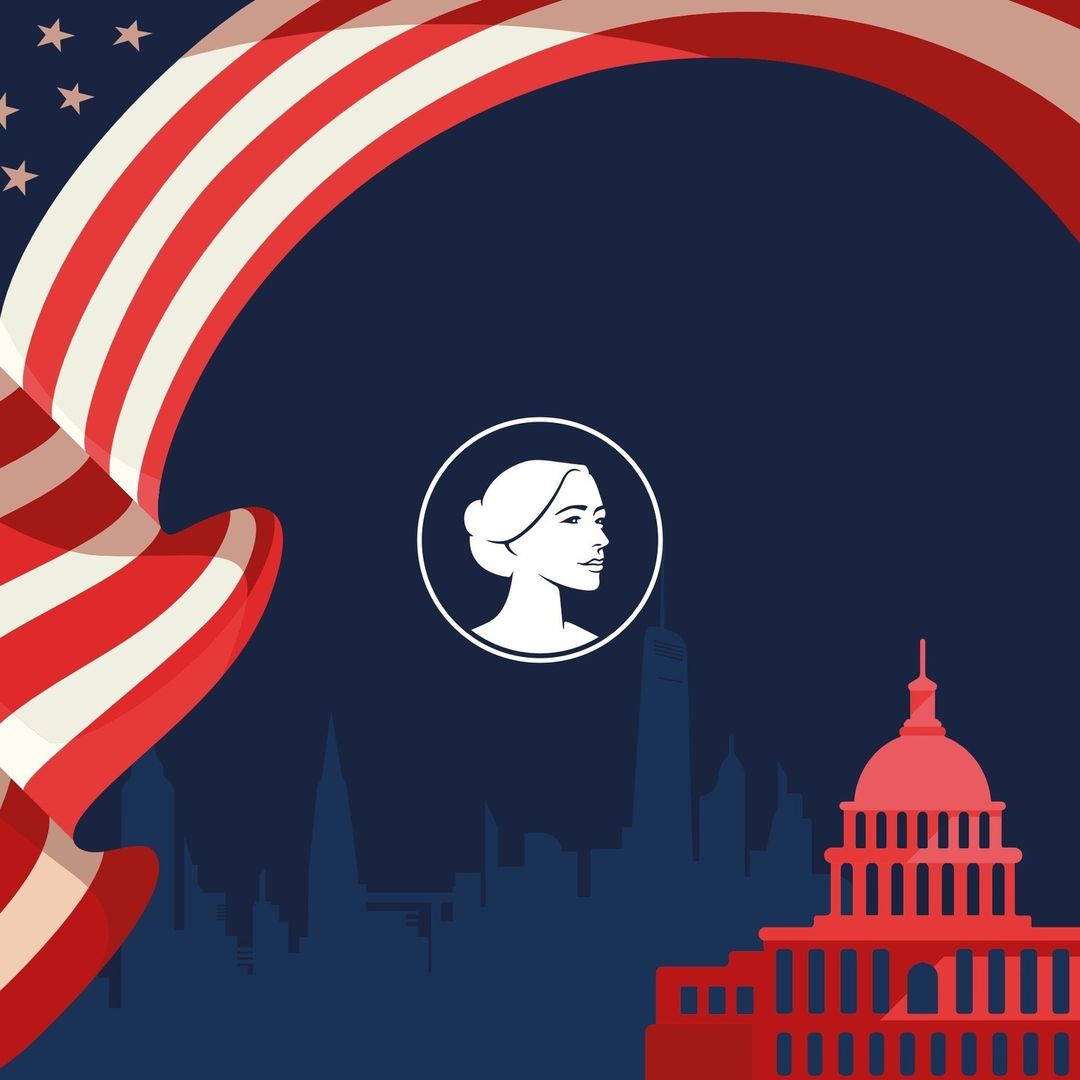
The SBA Pro-Life America National Pro-life Scorecard is a tool that helps hold members of Congress accountable for their legislative records on life and that highlights leadership in the fight to serve women and save babies.
Scorecard
